
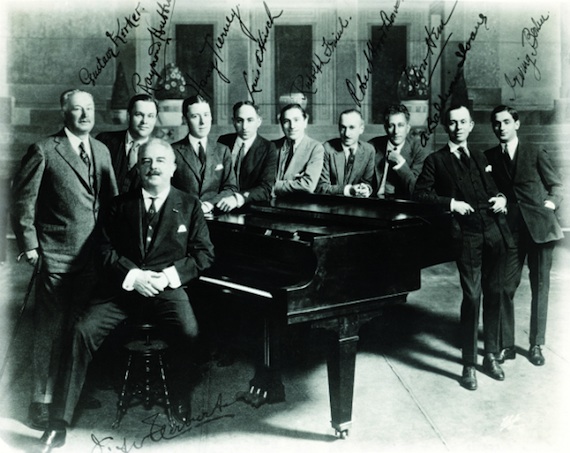
ASCAP’s charter members. Pictured (L-R): Gustave Kerker, Raymond Hubbell, Harry Tierney, Louis A. Hirsch, Rudolf Friml, Robert Hood Bowers, Silvio Hein, Alfred Baldwin Sloane and Irving Berlin.
“If music did not pay, it would be given up. Whether it pays or not, the purpose of employing it is profit and that is enough,” wrote Chief Justice Oliver Wendell Holmes in a landmark Supreme Court decision in 1917. Holmes was referencing businesses where copyrighted musical compositions were heard, and whether or not it generated direct revenues. Holmes’ decision was a victory for songwriter Victor Herbert, who sought protection for his musical works that were performed on a player-piano in a New York City restaurant. The decision also marked a victory for Herbert’s newly founded organization, American Society of Composers, Authors and Publishers (ASCAP), which was founded on this day (Feb. 13) in 1914.
ASCAP celebrates its centennial this week, commemorating 100 years of championing the rights of songwriters. Along with Herbert, the earliest members of ASCAP included several musical legends of the era: Irving Berlin (“There’s No Business Like Show Business”), James Weldon Johnson (“Life Ev’ry Voice and Sing”), Jerome Kern (“Smoke Gets In Your Eyes”), and John Philip Sousa (“The Stars and Stripes Forever”). Publisher George Maxwell served as ASCAP’s first president.
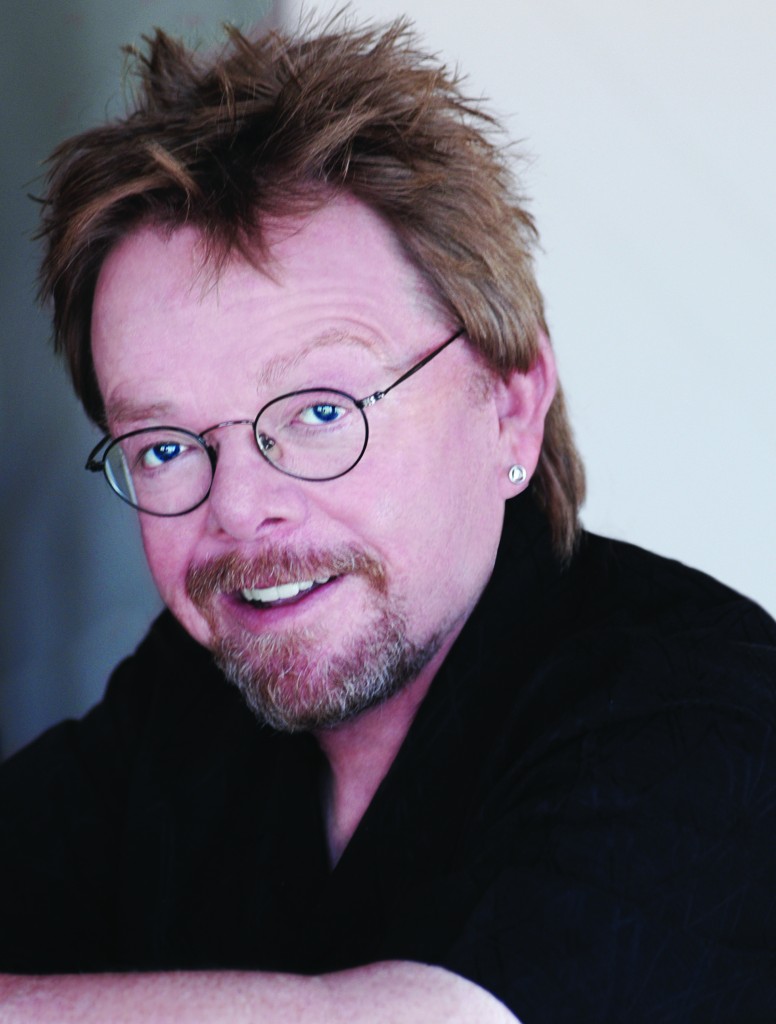
Paul Williams, Chairman and President of ASCAP
Since its origination, ASCAP has been owned and operated by songwriters and publishers. Decades later, musicians of different career stages, from independent artists to established songwriters such as Shane McAnally, Josh Kear, Ben Glover and Hillary Lindsey, to household names such as Garth Brooks, Brad Paisley, Michael W. Smith and are able to be compensated fairly for their compositions. “ASCAP’s 100th birthday provides us with an exciting opportunity to celebrate our future as much as our history,” says ASCAP President and Chairman Paul Williams, who recently earned a Grammy for his songwriting and vocal work on Daft Punk’s Random Access Memories. “It gives us a chance to honor and thank our members for creating music that touches the world, while emphasizing ASCAP’s ongoing and important role in helping to shape a musical landscape where everyone wins—music creators, businesses and everyone who loves music.”
To celebrate, ASCAP created the ASCAP.com/100 website, which chronicles the organization’s legacy of supporting songwriters from its beginnings in 1914 through today. Additionally, the song “More Than The Stars” celebrates ASCAP’s centennial with artists including Charles Kelley and Dave Haywood from Lady Antebellum, Ne-Yo and Bill Withers.
The PRO is still fighting to protect the rights of its songwriters in various musical genres. Some songwriters, such as ASCAP member Brett James, are aiding in the battle. James, known for penning hit songs including “Jesus, Take The Wheel” for Carrie Underwood and Chris Young’s “The Man I Want to Be,” gave a deposition during the Pandora trial last month. “They are spending a lot of their own money trying to make sure our rights are protected going forward. When you hear that ASCAP is standing up to Pandora in court, that means that ASCAP is putting their money where their mouth is, because trials are not cheap. Not all PROs do that and that’s something that I’m very proud ASCAP is taking a stand on. I’ve been with ASCAP on the Hill in Washington D.C., where we talk to senators and congress people to educate them on issues facing songwriters. I feel like now as we reached our 100-year anniversary, copyright as a whole is being attacked more than any other time in history. I think ASCAP’s role in defending our rights to copyright and intellectual property is huge.”
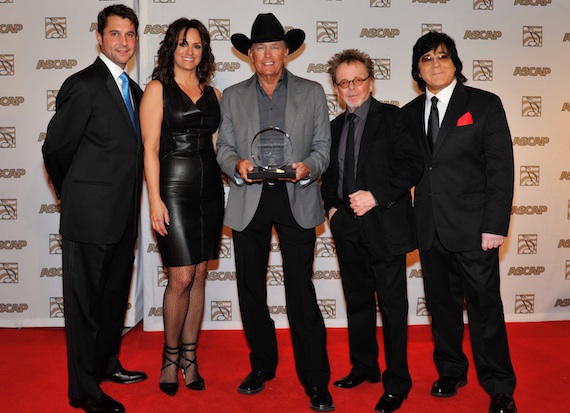
Pictured (L-R): Michael Martin, LeAnn Phelan, George Strait, Paul Williams, John Titta
“Advocacy is one of the greatest benefits to being an ASCAP member because there is always a team of people working on behalf of the songwriter to make sure they get fair payment,” says LeAnn Phelan, who co-leads ASCAP Nashville’s creative team with Michael Martin. “Our biggest challenge is the way that we are governed in that fight. We have some outdated rules and regulations that we have to adhere to and they need to be revised. The last revision was before the iPod and streaming services even popped into our universe. Another challenge is making sure that the companies that are using music value it. I’m hopeful that there will be a lot of changes that will benefit songwriters in the near future. Getting as much money as possible back into the hands of songwriters and publishers is the main focus of what we do.”
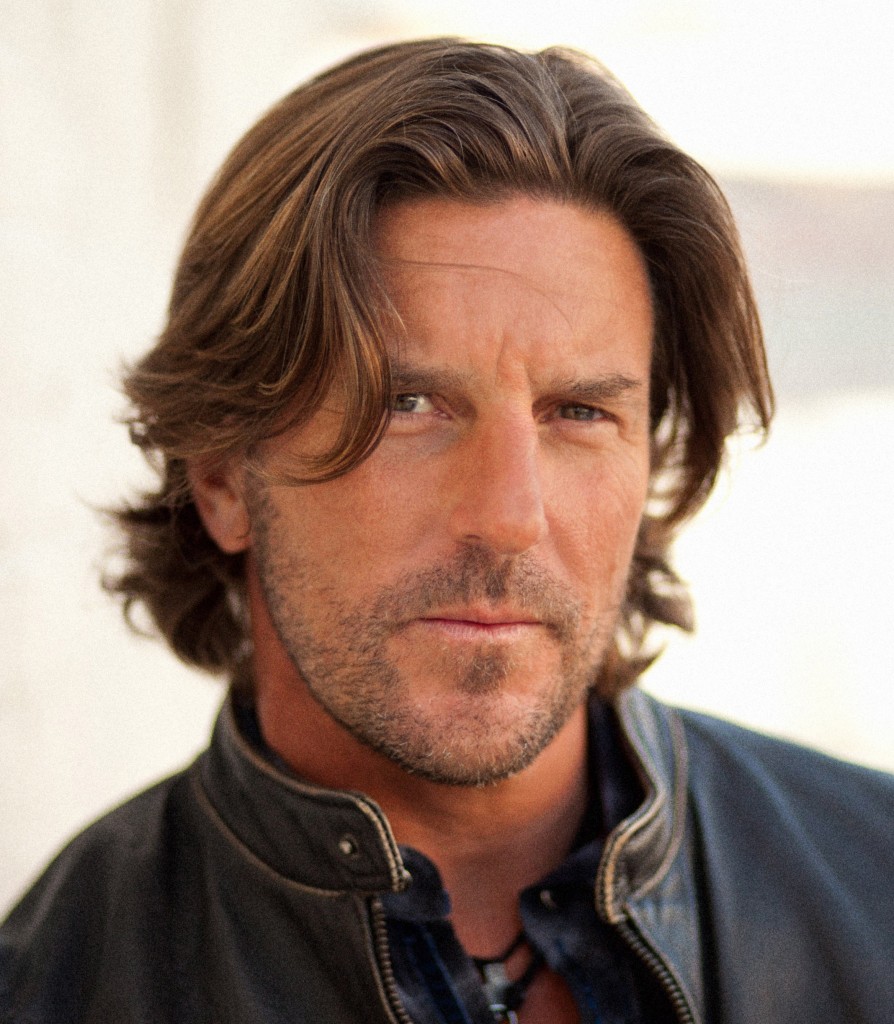
Brett James
In addition to advocacy, ASCAP offers an array of professional development opportunities to songwriters. ASCAP’s Nashville office hosts ongoing workshops that focus on Country, film/TV, Christian and pop music. The DIY U program brings in companies to educate independent songwriters and artists on how to efficiently conduct business. The regional office also reaches out to students and emerging songwriters at universities including Belmont, Middle Tennessee State University, and Baylor.
Meanwhile, ASCAP’s Guidance From Publishers For Songwriters (GPS) project, which was created by Phelan and ASCAP Creative Manager Ryan Beuschel, lets publishers get to know prospective unsigned songwriters. “We saw a need in the community to keep our fellow publishers involved in developing writers,” says Phelan. “My thought is that the need arose after publishing companies merged, and when that happens, creative people get let go and the creative people in this town are amazing. Many companies have too much on their plates working with their current roster of writers.” Each month, the GPS system pairs 12 writers with 12 publishers via one-on-one meetings. “We’ve had a 30 percent finding rate out of that program; 30 percent of songwriters have gotten publishing deals from this,” says Phelan.
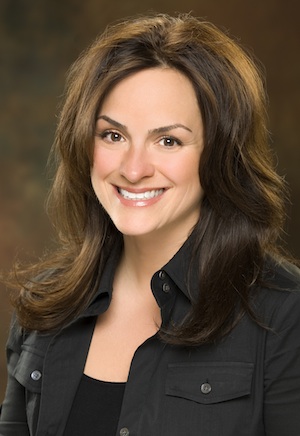
ASCAP’s LeAnn Phelan
Other programs include monthly shows at Nashville’s Bluebird Café, recent performances at the 30A Songwriters Festival and at the Sundance Music Café, and the ASCAP songwriter’s show on WSM 650 AM, hosted by Beuschel. “It fits into the philosophy of the show,” says Phelan. “It’s educational to our listeners to hear about ASCAP and to hear the stories behind some of their favorite songs.” Another program, the Music City Trifecta, brings together writers from the Country, Christian and pop genres.
For established songwriters, ASCAP reps might aid in several ways, depending on what a writer might need, from introducing a writer to an artist or label representative, helping a writer develop a team, or aiding in the transition from one publishing deal to another.
“ASCAP did a good job of taking care of me early on in my songwriting career, and they have carried me all the way through,” James sums. “I’ve always had an open door, open phone call. They’ve always taken care of whatever I needed. I’m a proud ASCAP member.”

Category: Artist, Exclusive, Featured, Organizations, Publishing
About the Author
Jessica Nicholson serves as the Managing Editor for MusicRow magazine. Her previous music journalism experience includes work with Country Weekly magazine and Contemporary Christian Music (CCM) magazine. She holds a BBA degree in Music Business and Marketing from Belmont University. She welcomes your feedback at jnicholson@musicrow.com.View Author Profile


